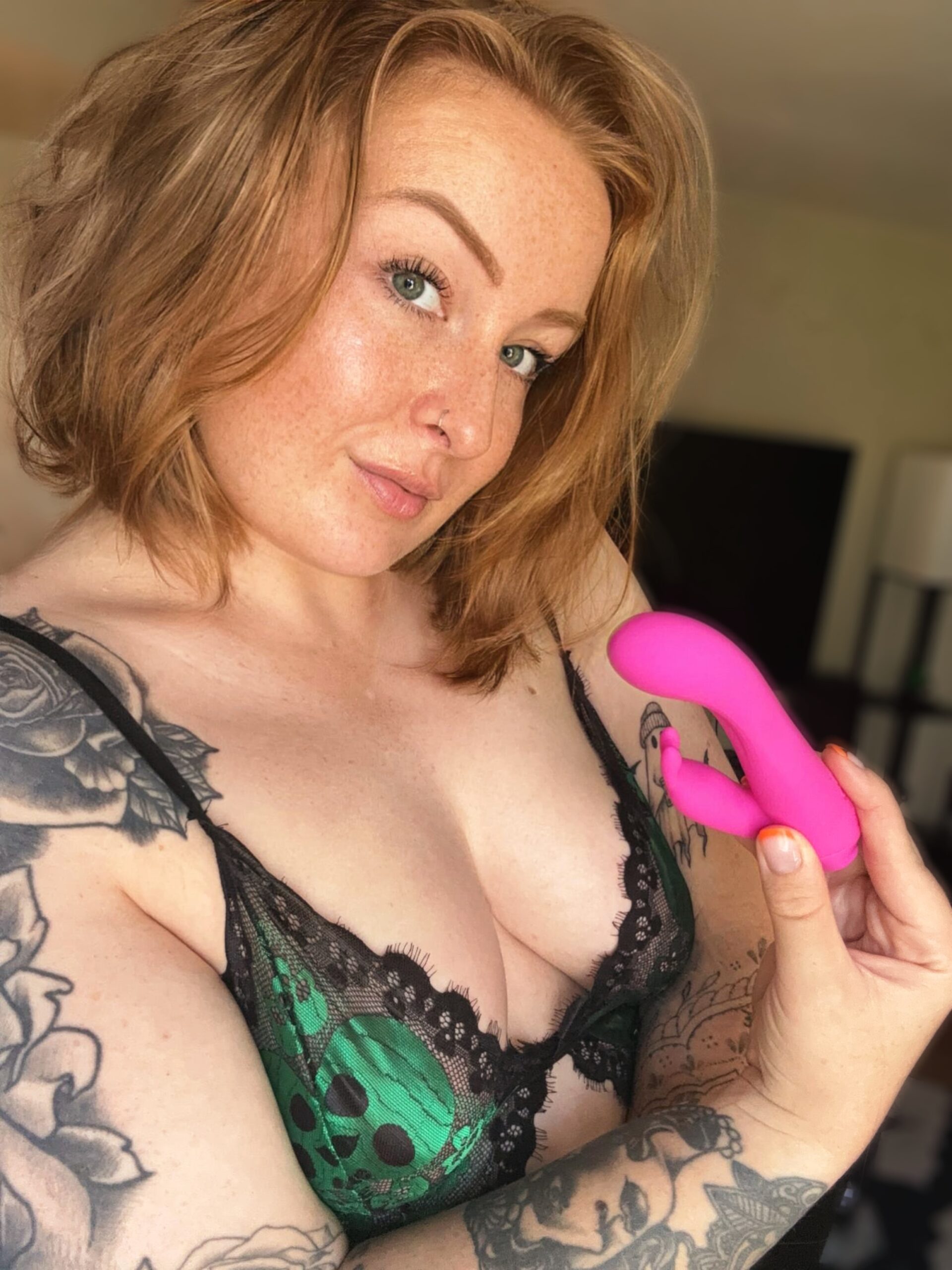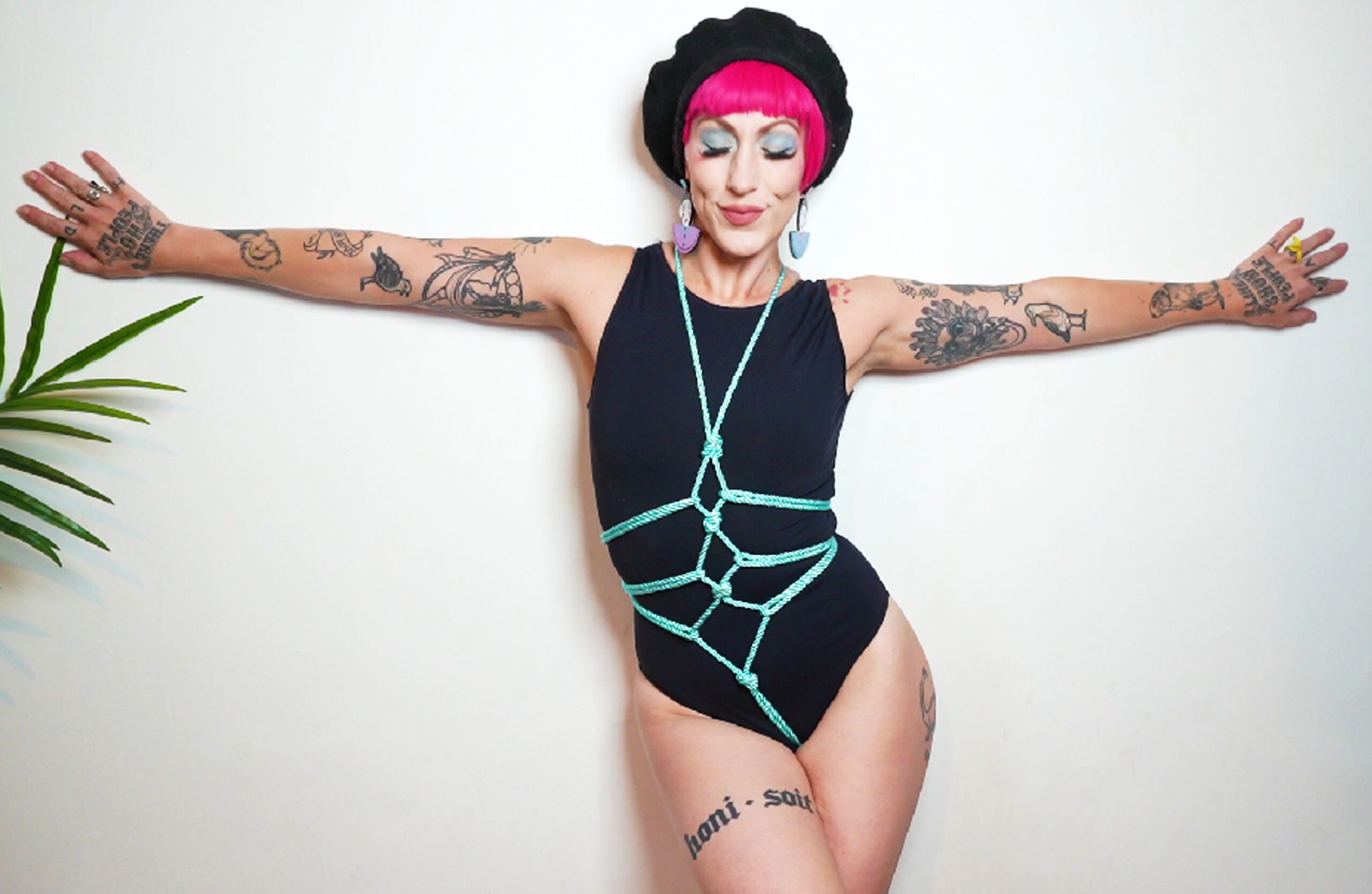Finding Love’s True North: Navigating Relationships as Demigender
Navigating love and intimacy as a demigender individual can be a complex and often isolating experience. Demigender identities, encompassing a spectrum of gender experiences that fall between fully identifying as one gender or another, often lack societal understanding and validation. This lack of recognition can deeply impact the search for romantic connection, leading to feelings of invisibility, misunderstanding, and fear of rejection.
One significant challenge lies in the difficulty of communicating one’s demigender identity to potential partners. Language itself can be a stumbling block, as societal norms often limit our vocabulary for describing nuanced gender experiences. Articulating the fluid and sometimes shifting nature of demigender identity can be daunting, leaving individuals hesitant to express their true selves for fear of judgment or dismissal.
Furthermore, societal expectations around gender roles and relationships can create pressure that feels particularly burdensome for demigender individuals. Traditional binary notions of masculinity and femininity may not align with an individual’s lived experience, leading to internal conflict and a sense of being misrepresented in the relationship dynamic.
Finding a partner who truly understands and accepts one’s demigender identity is crucial for building a healthy and fulfilling relationship. However, societal biases and misconceptions can make this search challenging. There may be a lack of awareness or willingness to learn about non-binary identities, leading to discomfort or even prejudice.
It’s essential for demigender individuals to prioritize self-love and acceptance throughout this journey. Cultivating a strong sense of self-worth and understanding one’s own needs and boundaries is paramount. Seeking out supportive communities, both online and offline, can provide validation, understanding, and valuable advice from others who share similar experiences.
Ultimately, finding love’s true north as a demigender individual involves advocating for oneself, seeking open-minded partners who embrace authenticity, and fostering relationships built on mutual respect, understanding, and acceptance. It is a journey that may present unique challenges, but also offers the opportunity to redefine love and connection on one’s own terms.
Finding love’s true north can be a complex journey for anyone, but for demigender individuals, it often involves navigating an added layer of complexity – the quest for validation within romantic relationships.
Demigender identities encompass a spectrum of gender experiences where the bow sex position an individual partially identifies with one gender and partially identifies as non-binary. This fluidity can create unique challenges when seeking love, as societal expectations around gender often clash with demigender realities.
One significant hurdle is finding partners who understand and respect their nuanced gender expression. Traditional binary notions of masculinity and femininity may not align with a demigender person’s internal experience, leading to feelings of misrepresentation or invalidation.
This can result in partners struggling to comprehend their partner’s identity, inadvertently using incorrect pronouns or making assumptions based on limited understanding.
For some demigenders, dating within the LGBTQ+ community offers a sense of belonging and acceptance. However, even within this space, there can be a pressure to conform to specific labels or expectations, which may not resonate with all demigender individuals.
Navigating these complexities requires open communication and a willingness to learn from one another. Demigenders should prioritize partners who are genuinely interested in understanding their identity and who are committed to using the correct pronouns and respecting their chosen name.
It’s crucial for demigender individuals to remember that their worth is not contingent on the validation of others. Their gender identity is valid, regardless of whether everyone understands it.
Cultivating self-love and acceptance forms a strong foundation for navigating relationships. Embracing one’s authentic self, while also being patient with partners who are learning, can create space for genuine connection and understanding.
Navigating love as a demigender individual can feel like charting a course through uncharted waters. While societal norms often paint a picture of clear-cut gender identities, demigender experiences exist on a spectrum, where feelings of identification with one or multiple genders are fluid and complex. This fluidity can lead to challenges in finding validation within relationships, as partners may struggle to understand the nuances of demigender identity.
One key aspect of this struggle is the search for emotional validation. Demigender individuals, like everyone else, yearn for their partner to understand and affirm their true selves. This can manifest in various ways:
- Respecting Pronouns: Using correct pronouns is fundamental to feeling seen and validated. When partners consistently use the wrong pronouns, it sends a message that their identity is not acknowledged or respected.
- Understanding Gender Fluidity: Demigender identities often involve fluctuating levels of identification with different genders. Partners need to be understanding and accepting of these shifts, avoiding judgment or attempts to categorize their partner’s gender into rigid boxes.
- Validating Experiences: Demigender individuals may experience unique challenges related to their identity, such as societal prejudice or internal conflict. Having a partner who listens empathetically and validates these experiences is crucial for emotional well-being.
Building healthy relationships with demigender partners requires open communication, education, and a willingness to step outside of traditional gender norms. Partners should approach conversations about gender identity with curiosity and a desire to learn, rather than assumptions or judgment.
Seeking out resources from organizations that support LGBTQ+ individuals can be incredibly beneficial for both demigender people and their partners. These resources offer valuable information about demigender identities, tips for navigating relationships, and safe spaces for support and connection.
Ultimately, finding love’s true north as a demigender individual involves cultivating relationships that prioritize authenticity, understanding, and unconditional acceptance.
Beyond Binary Labels: Communicating in Relationships
Understanding and communicating gender identity within a relationship can be challenging, especially for demigender individuals who experience their gender as partially aligned with one or more genders. Demigender people often face a unique set of difficulties finding validation and acceptance from partners who may not fully comprehend the nuances of their gender identity.
Here are some strategies that can help demigender individuals navigate these challenges and foster healthier, more fulfilling relationships:
-
Educate your partner: Take the time to explain what it means to be demigender. Share your personal experiences, feelings, and how your gender identity manifests in your life.
-
Use clear and specific language: Be explicit about your pronouns, preferred name, and any other aspects of your gender expression that are important to you. Don’t expect your partner to guess or assume.
-
Set boundaries: Clearly communicate what behaviors are acceptable and unacceptable regarding your gender identity. Let your partner know how they can best support you and what language or actions might be hurtful or invalidating.
Open and honest communication is crucial. Demigender individuals should feel comfortable sharing their needs, feelings, and concerns with their partners. Conversely, partners should create a safe space for their demigender loved ones to express themselves openly without fear of judgment or dismissal.
It’s also important to remember that understanding gender identity is a journey, not a destination. Be patient with your partner as they learn and grow. Offer them resources and information to help them gain a deeper understanding of demigender experiences.
Remember that seeking validation from others is important, but ultimately your worth and identity are valid regardless of external perceptions. Celebrate your authenticity and find support within communities that affirm and embrace your unique gender expression.
Beyond binary labels, lies a spectrum of gender identities, and understanding this nuance is crucial for fostering healthy and supportive relationships.
Demigenders, individuals who partially identify with one gender while partially identifying with another or no gender at all, often face unique challenges in navigating these relationships.
One major hurdle is finding validation from partners who may struggle to comprehend the fluidity and complexity of demigender experiences.

Communication becomes paramount. Demigenders need partners who are willing to listen actively, ask clarifying questions, and strive to understand their partner’s feelings and needs without judgment.
Educating oneself about demigender identities is a crucial step for any potential partner. Learning about the diverse ways people experience gender can foster empathy and create a space of acceptance and understanding.
It’s also important for demigenders to articulate their needs and boundaries clearly. This might involve explaining their comfort levels with pronouns, names, or physical touch.
Openly discussing these preferences can prevent misunderstandings and ensure both partners feel respected and comfortable.
Partnerships built on trust and open communication can be incredibly rewarding for demigender individuals.
Having a supportive partner who celebrates their identity and encourages self-expression can significantly contribute to their overall well-being and sense of belonging.
Seeking support from communities and resources specifically tailored for demigenders can be invaluable.
Connecting with others who share similar experiences can provide validation, reduce feelings of isolation, and offer practical advice on navigating relationships.
Remember, building bridges in relationships requires effort from both sides. By embracing understanding, empathy, and open communication, partners can create spaces where demigender individuals feel seen, heard, and loved for who they truly are.
Embracing the Journey: Self-Love and Acceptance
Embracing the journey of self-discovery as a demigender individual can be challenging, especially when seeking validation and understanding in relationships.
It’s important to remember that your identity is valid, regardless of others’ perceptions or acceptance.
Building self-love and acceptance is crucial for navigating this journey:

-
Self-Reflection: Dedicate time to understand your own identity, feelings, and experiences. Explore what resonates with you and define your own understanding of demigender.
-
Challenge Internalized Bias: Society often presents limited views of gender. Unlearn these harmful stereotypes and embrace the fluidity and diversity of gender expression.
-
Affirm Your Identity: Use language and pronouns that feel authentic to you. Surround yourself with visuals, symbols, or expressions that celebrate your demigender identity.
Finding strength in community can be immensely helpful:
-
Connect with Others: Seek out online forums, support groups, or local organizations where you can connect with other demigender individuals. Sharing experiences and finding common ground can foster a sense of belonging.
-
Build Supportive Relationships: While not everyone will understand, cultivate relationships with people who are accepting and supportive of your identity. Surround yourself with those who celebrate your uniqueness.
-
Educate Others: When comfortable, share information about demigender identities with friends, family, or colleagues. Educating others can break down misconceptions and create a more inclusive environment.
In relationships, open communication is essential:
-
Express Your Needs: Clearly communicate your need for understanding, respect, and validation of your demigender identity to your partner(s).
-
Educate Them: Be patient in explaining what it means to be demigender and answer any questions they may have.
-
Set Boundaries: Establish boundaries around language, expectations, or behaviors that are disrespectful or invalidating of your identity.
Remember, finding a supportive and accepting relationship may take time. It’s important to prioritize your well-being and seek out relationships where you feel valued and respected for who you are.
The journey of self-discovery is ongoing. Be patient with yourself, celebrate your progress, and never stop advocating for your own validation and happiness.
Embracing the journey of self-love and acceptance is paramount for demigender individuals, especially when navigating the complexities of relationships.
For demigender people, whose gender identity falls somewhere between male and female or outside the traditional binary, finding validation in a relationship can feel like searching for an elusive oasis. Society’s often rigid understanding of gender can create a sense of otherness, leading to internalized shame and difficulty expressing one’s true self.
This journey begins with self-discovery and honest introspection. Understanding your unique identity, embracing its fluidity, and celebrating the parts that make you who you are are crucial first steps. It involves recognizing that your gender is valid, regardless of societal expectations or external validation.
Cultivating self-compassion is equally important. Treat yourself with the same kindness and understanding you would offer a loved one. Acknowledge your feelings, both positive and negative, without judgment. Allow space for growth and evolution as your understanding of yourself deepens.
Communication becomes a powerful tool in this process. Learning to articulate your needs, boundaries, and expectations within relationships is essential. Find partners who are willing to listen, learn, and respect your identity. It might take time to find individuals who can truly understand and support you, but persistence and self-awareness will guide you.
Remember that validation does not solely come from romantic partnerships. Building a strong support system of friends, family, or even online communities can provide a safe space for expression and belonging. Connecting with others who share similar experiences can foster understanding, reduce feelings of isolation, and reinforce your self-worth.
Embracing the journey is not always easy, and there will be challenges along the way. However, by prioritizing self-love and acceptance, demigender individuals can navigate relationships with greater confidence and authenticity.
Ultimately, finding validation comes from within. When you truly embrace your own identity and worth, it radiates outward and attracts those who appreciate you for who you are.
Embracing the journey of self-love and acceptance is paramount for demigenders seeking fulfilling relationships. It’s a process of recognizing and honoring one’s authentic identity, regardless of societal expectations or external validation.
Understanding that gender is a spectrum, not a binary, allows demigenders to break free from rigid definitions and embrace the fluidity of their own experience. Accepting the complexity of their identity is a powerful step towards self-compassion and empowerment.
This journey often involves challenging internalized societal messages and dismantling harmful stereotypes. Demigenders may confront feelings of inadequacy or confusion stemming from societal pressures to conform. Cultivating self-awareness and practicing mindfulness can help navigate these emotions with compassion and understanding.
Celebrating uniqueness is another crucial aspect of rewriting the rules of love for demigenders. It means appreciating and expressing their individuality, both in terms of gender identity and other aspects of their being. Authenticity attracts genuine connections based on mutual respect and acceptance.
Seeking out communities and spaces that embrace diversity can provide a sense of belonging and support. Connecting with other demigenders, as well as allies who understand and validate their experiences, fosters a sense of validation and shared understanding.

Open communication is essential in navigating relationships as a demigender individual. Clearly expressing one’s needs, boundaries, and identity to potential partners allows for a foundation of honesty and transparency. It empowers demigenders to be seen and understood for who they truly are.
Rewriting the rules of love involves challenging traditional norms and expectations. Demigenders can redefine what a fulfilling relationship looks like for them, based on their unique needs and values. This may involve exploring different relationship models or rejecting societal pressures that don’t align with their identity.
Ultimately, the journey of self-love and acceptance leads to a deeper understanding of oneself and one’s desires in relationships. It empowers demigenders to seek out connections that celebrate their authenticity and foster mutual respect and growth.
Explore more from the magazine
Read everything written here
- Xela Rederm Skin Booster Treatments Near Barnes, Surrey - January 6, 2026
- Why THC Soda Is Popular Among Millennials And Gen Z - January 5, 2026
- Why Does My Lip Filler Always Migrate - January 3, 2026
